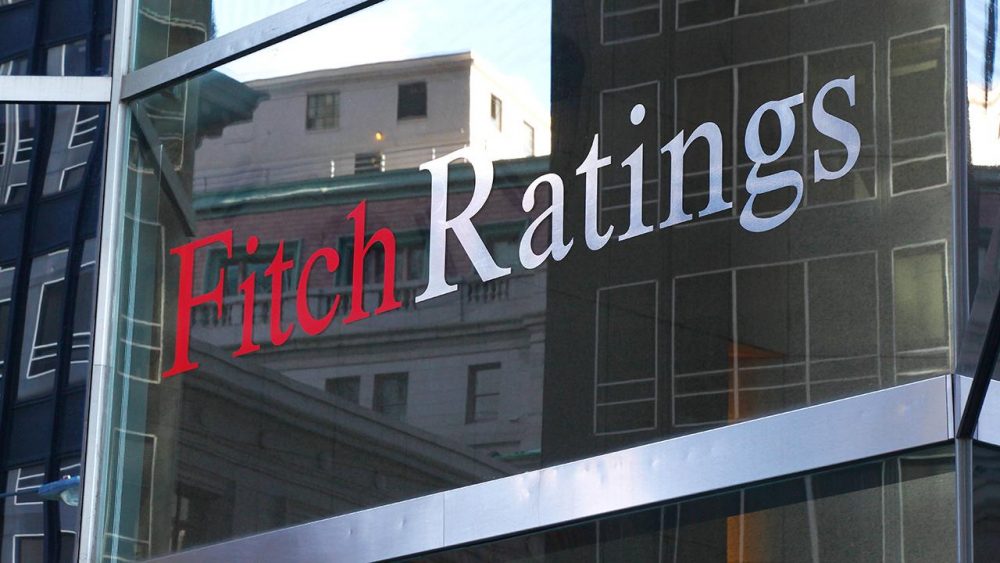Former US Treasury Secretary Larry Summers and Allianz SE Chief Economist Mohamed El-Erian criticized Fitch Ratings’ decision to downgrade the US, given the resilience indicators in the US economy. Larry Summers said that while he was concerned about the US’s long-term deficit, the country’s ability to pay its debts was beyond doubt. Mohamed El-Erian said that the downgrade is unlikely to affect the markets.
Fitch Ratings announced that due to tax cuts, new spending initiatives and economic shocks, the US budget deficits increased and it downgraded its AAA credit rating to AA+. After the downgrade decision, the current credit adequacy level of the USA, according to Fitch, decreased from the highest level described as “Prime” to a lower level described as “High Rating”.

According to Fitch, the erosion of US governance is manifested in debt ceiling disputes and last-minute decisions. Also, the US debt burden will reach 118 percent of GDP by 2025, increasing its vulnerability to future economic shocks.
Mohamed El-Erian thinks the downgrade could create more confusion, rather than having a lasting impact on the US economy and markets. Some economists and analysts find Fitch’s decision absurd and unnecessary because they think there is no reason to worry about US solvency.
Among the critics of Fitch’s decision is Nobel Prize-winning economist Paul Krugman. Many critics stress that Fitch’s downgrade is part of a larger story and not a US solvency issue.






